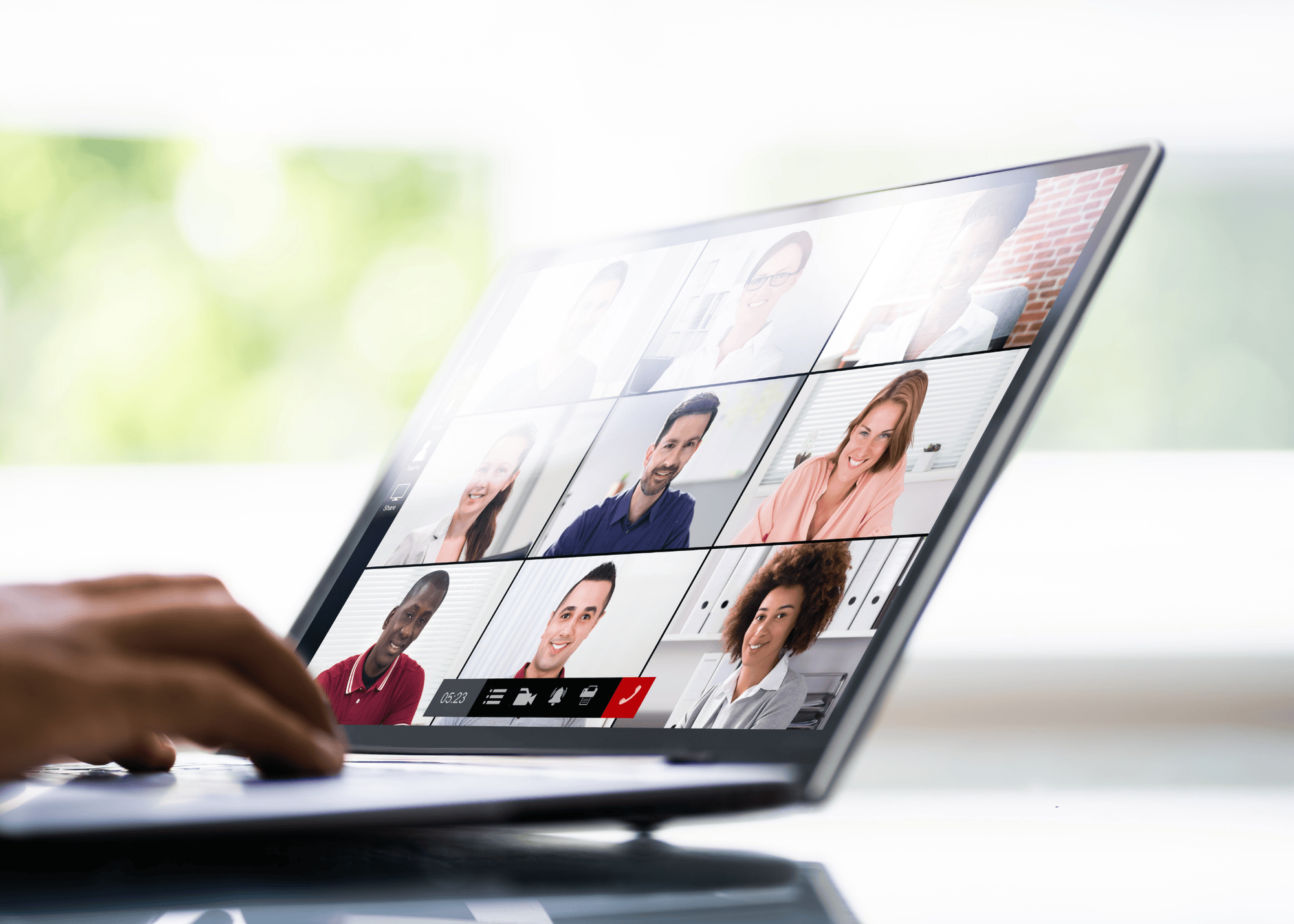Unlocking the power of neurodivergent minds at work
15 Mar, 20234 minsDiversity’s a hot topic in the corporate world…and for good reason. More and more companies ...

Diversity’s a hot topic in the corporate world…and for good reason. More and more companies are realising the value of creating an inclusive culture that embraces differences. From gender, age, and ethnicity to sexual orientation, and perhaps more recently, neurodiversity, embracing difference is no longer just a moral imperative, but a business necessity.
In this blog post, we'll explore why countless companies are now taking steps to build increasingly inclusive cultures, plus the benefits of workplace diversity, and in particular, neurodiversity.
Celebrating differences at work
In recent years, there’s been a focus for companies across all sectors to hire more inclusively. It’s a win-win situation, with employees benefitting from working for organisations that support and promote equal opportunities, as well as businesses enjoying the competitive advantages of a diverse workforce.
Stats released by Glassdoor warn that one in three candidates will not even apply for a role in a company that lacks diversity, so an openly inclusive environment is essential for any business on a growth journey. Research has widely concluded that diverse and inclusive organisations are among the most profitable owing to an increase in creativity, innovation, growth and happier, healthier staff.
Yet figures published by ONS (Office for National Statistics) illustrate that only one in five autistic people are employed, and data from ADDitude states that a massive 60% of adults with ADHD have lost or had to change their job because of their condition. While companies are improving diversity efforts in relation to hiring people with a wide range of talents, backgrounds, experiences, thoughts, and perspectives, recruitment processes still appear to be failing when it comes to neurodivergent candidates.
What is neurodiversity?
‘Neurodiversity’ is a relatively new term. It was coined by an Australian sociologist named Judy Singer in 1998 to recognise that everyone’s brain develops uniquely. According to Singer, there’s no definition of ‘normal’ capabilities for the human brain because no two are exactly the same – not even those of identical twins.
Neurodiversity can include (but is not limited to) Autism, Attention Deficit Hyperactivity Disorder (ADHD), Attention Deficit Disorder (ADD), Dyslexia, Dyscalculia, Dyspraxia and Tourettes Syndrome. It’s been shared that up to 17% of the population have a neurodivergent diagnosis, but the actual figures could be much higher due to many individuals going undiagnosed. Around 4% are said to have ADD/ADHD and 10% Dyslexia. While people with Dyspraxia, Autism or Tourettes account for 1% of the population each.
The benefits of neurodiverse staff
Neurodiverse candidates are sometimes overlooked because of a lack of understanding of their requirements and strengths. They may struggle to fit with traditional employee profiles. And stereotypes surrounding neurological diversity can unconsciously (or even consciously) influence hiring managers’ decisions. Employers often simply don’t understand how to accommodate neurodiversity needs or provide a productive environment in which people can thrive.
But these concerns are far outweighed by the advantages that neurodiversity can bring to an organisation…
Did you know that many neurodiverse candidates have extraordinary skills? For proof, look no further than some of the world’s most famous billionaires, including Elon Musk, Richard Branson and Bill Gross who are all classed as neurodiverse and have proved that their conditions are actually their superpower.
Common qualities in neurodiverse candidates include pattern recognition, memory, and maths. Research has also shown neurodiversity can improve decision-making processes due to a variety of opinions from different people as well as increasing creativity, problem solving and critical thinking skills – all highly valuable assets for companies to have at their disposal.
Plus, a number of well-known businesses, like Microsoft, SAP and Hewlett Packard have redesigned their recruitment processes to attract neurodiversity and as a result are seeing improved efficiency and innovation, as well as increases in employee engagement. They’re proving that taking time and effort to accommodate people who think and act differently actually lifts team morale and encourages staff to contribute without fear of judgement or exclusion.
John Elder Robinson is scholar in residence at the College of William & Mary, and is well-known for also excelling in engineering, car restoration, photography, and writing, despite being autistic. He discloses in a blog that “Neurodiversity is the idea that neurological differences like autism and ADHD are the result of normal, natural variation in the human genome.” John adds, “Indeed, many individuals who embrace the concept of neurodiversity believe that people with differences do not need to be cured; they need help and accommodation instead.”
Ultimately, through providing resources and support for neurodiverse individuals, you’ll potentially boost performance and gain access to a wider range of skills and perspectives to help you achieve success. You’ll create a culture that values diversity of thought and perspective – and an environment that recognises neurological difference as not only normal but something to be encouraged!
In conclusion, as with all forms of diversity, instead of ‘ticking the neurodiversity box’ by hiring someone with a neurodiverse condition into a role, remember the range of advantages they can bring... in an inclusive environment. Bridging the (tech) skills gap could just be the start!
For further support in overcoming hiring challenges or advice on creating an inclusive workplace, contact us. Apollo Solutions' skilled consultants are helping companies across Technology & Corporate Governance to build strong and diverse teams. We’re ready to help you too.



